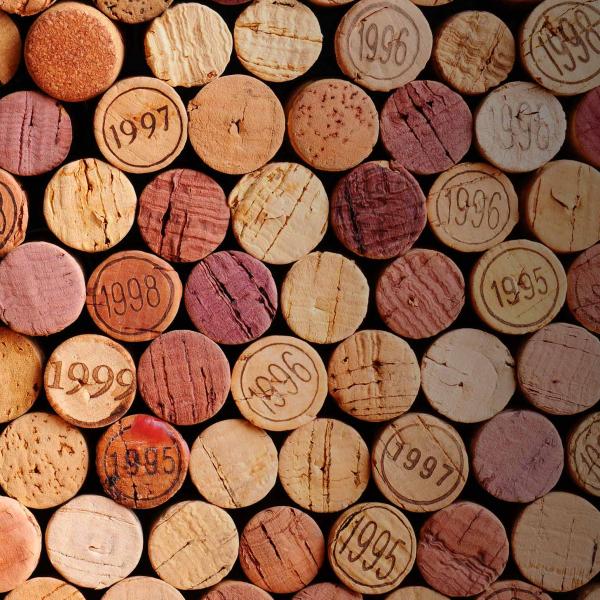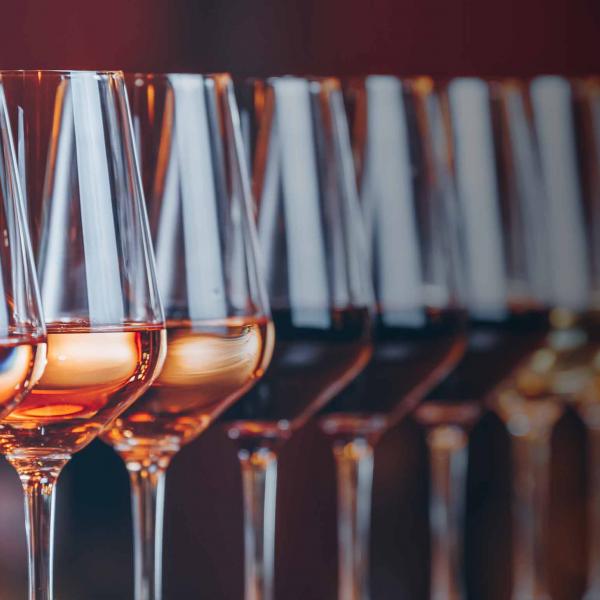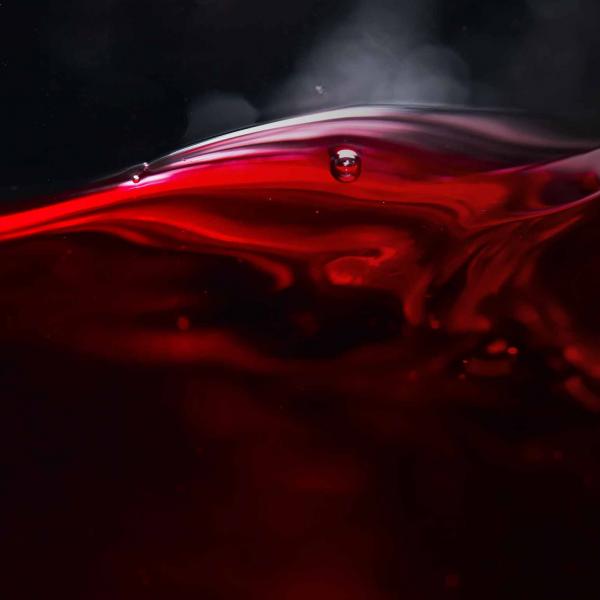Winemaking (oenology) requires the skilful balancing of an intricate interplay of microbial species to achieve the yeast-driven conversion of berry sugar without spoiling the wine. This process, considered by many an art, is one of care and control at each stage, for it can only be repeated or nuanced once per year.
Viticulture extends back to and coincides with the earliest settling of humans, ancient Persia being regarded as the first winemaking culture. From here (quite understandably), grape cultivation and winemaking spread, leaving traces across the southern Caucasus and into what is now Greece. Hippocrates, the renowned medical philosopher, wrote, “The first glass of wine is for health, the second glass of wine is for gaiety, the third glass of wine is for good sleep, and every further glass is a danger”. Indeed, the effects of wine have long been well appreciated, and alongside this, the winemaking process has been refined, improving quality and consistency. Part of this has included the use of Sulphur, the antiseptic and preservative qualities of which have been known since the ancient Greeks, who, through the fumigation of amphorae, incorporated effective levels of sulfur dioxide into their wines. The practice continues to this day, albeit through the direct addition of sulfur dioxide (SO2).
‘Contains Sulfites’ may elicit memories of headache and hangovers; however, little evidence exists of sulfites being culpable for these symptoms. In the EU and US, wines containing more than 10ppm (parts per million) require this label to be included, despite the fermentation process itself being wholly capable of yielding such concentrations of SO2 without any addition. What is becoming increasingly evident, however, is the negative impact that SO2 has on the taste of fine wines, as measured by blind taste tests, and an appreciation of the increasing consumer aversion to its use. Bioseutica®’s LYSOVIN is an elegant alternative to SO2 in winemaking, leveraging the powerful natural antimicrobial effect of Lysozyme, its primary enzyme constituent.
LYSOVIN is a natural and flexible winemaking additive, trusted by winemakers for over 10 years to improve their wine quality whilst reducing their dependence on SO2 Working as both preventative and cure, LYSOVIN prevents spoilage by LAB (lactic acid bacteria), growth of which can start at any stage in the winemaking process. It is now known that LAB can even remain dormant for years until environmental conditions are warm or permissive enough for their growth, spoiling bottled wines. LAB compete with yeast in consuming sugars, reducing alcohol production, and causing slow/sluggish or stuck fermentation. Beyond this, LAB produces unwanted biogenic amines during the malolactic fermentation (MLF, or malo) process in the later stages of vinification, including histamine among the rather unpleasant sounding, putrescine, and cadaverine. The addition of LYSOVIN allows stabilization of the wine during ageing, and control of the onset of MLF, even in high pH wines where the efficacy of SO2 decreases dramatically.
LYSOVIN in the winemaking process
- Allows to reduce or delay the use of SO2 in wine
- Controls wine spoilage
- Prevent Growth of LAB in Must and Juice
- Optimize desirable MLF levels
- Delay MLF/Post-MLF Stabilization
- Inhibit MLF when Blending Partial and Complete MLF Wines
- Help manage Stuck and Sluggish Fermentation
- Prevents the production of acetic acid
- Prevents production of biogenic amines
- Controls the production of compounds causing organoleptic defects
- Preserves the intensity of the colour
- Improves the stability, texture, aroma and shelf life of wine
- Preserves the wine yeast
- Suitable for low/no-alcohol wines and wine waters
Regulatory Status
LYSOVIN for winemaking, an FDA and EU approved alternative to sulphur dioxide, it prevents spoilage, whilst improving the consistency, stability, and ultimately, quality of the wine.
- GRAS for FDA
- Certified Kosher
- Accepted by JEFCA-Joint FAO/WHO Expert Committee on Food Additives
Selling Unit:
Kilograms(kg)




